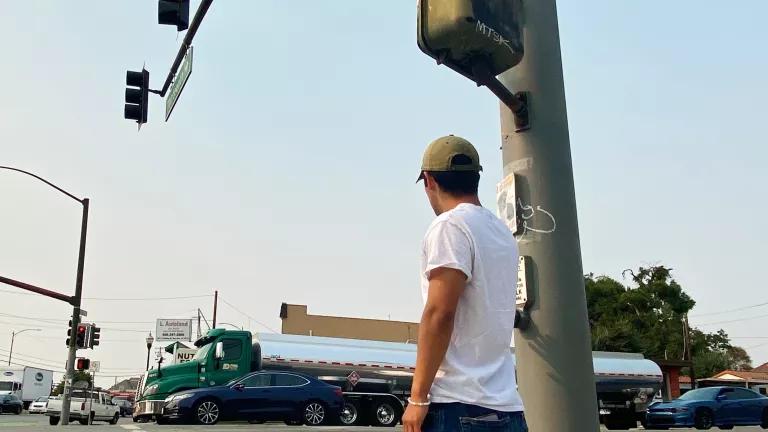As you've probably read or heard by now, the President and his staff have arranged through the International Energy Agency to release 60 million barrels of oil supply into the marketplace over the next month. While that sounds like a lot of oil -- and it is -- it's useful to keep in mind that the world consumes that much in just 18 hours.
However, it is evidently having the desired effect, as reported by the Washington Post, and given the "up like a rocket, down like a feather" effect that supply and demand changes have on oil prices we are likely to see at least some price moderation moving forward.
Assuming, that is, that OPEC nations don't see fit to flex their 40-percent-of-production monopolistic muscles and trump this move by the U.S. and the IEA, or that a pickup in demand doesn't trump it, or that some new event in the Middle East doesn't trump it, or...
Predictably, this has stirred up drilling-obsessed types on Capitol Hill, who claim that we can drill our way to lower prices in spite of ample evidence to the contrary as I've written about here, here and here.
Not even close. By far the best way to break away from a volatile global oil marketplace is by changing the rules so our transportation market here at home works well. Right now most of us have no choice but to fuel up at a gasoline pump more often than we'd like so we can make our daily rounds. As consumers we deserve more competition. We deserve more choices.
The best way to get there is to boost fuel-efficiency standards for new cars and trucks to 60 miles-per-gallon by 2025. The President and his staff at the Department of Transportation and the Environmental Protection Agency are considering setting the bar for our vehicle performance right now. As my colleague Roland Hwang has written, there are demonstrably big national security, economic and environmental benefits from setting the bar as high as possible.
More efficient autos is the biggest first step the President can take. What else can he do? He can work with Congress to pass a new transportation bill which includes investments in rapid transit lines and other transportation choices that reduce traffic on our roads. I'm part of two broad coalitions (Transportation for America and Mobility Choice) that favor this and have written about it on these pages as well as here.



